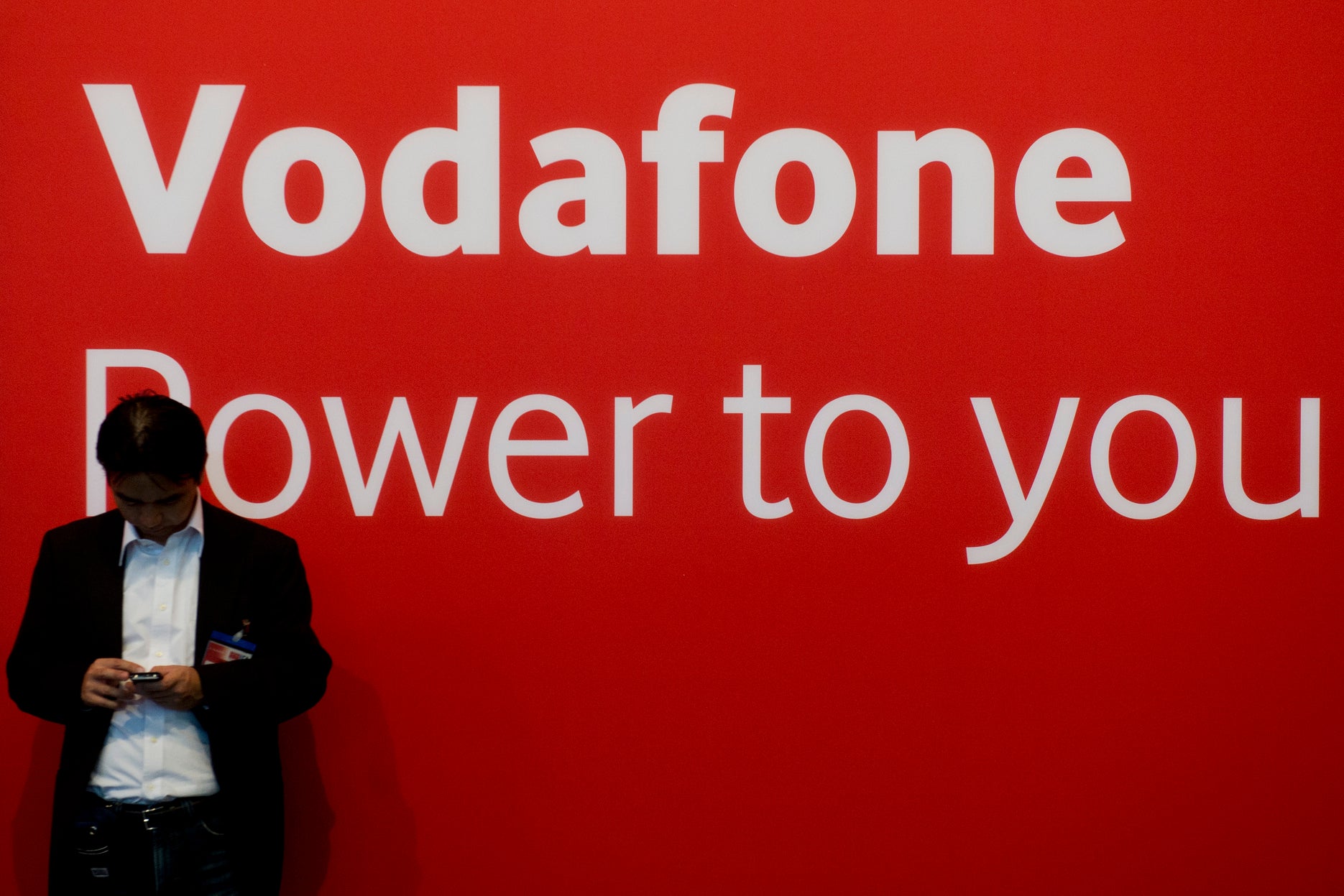The biggest barrier to the 5G revolution is politics
Inside Business: Huawei might be barred from 5G but its masts remain up. How long that continues is down to politics rather than security assessments

The 5G revolution – at least that’s what we’re being told – is under way. Vodafone has switched on two weeks after EE did the same, with seven cities at first, 12 more to follow later this year. Of course, it means both companies also switched Huawei on.
While the government has dithered, and leaked, and dithered some more, the industry has had to get on with the work of getting the thing going. The controversial Chinese company won’t be involved in any of the core networks, per government orders. But its equipment is still in the “radio access networks”. That’s the masts to you and me. Not all of them. There are Ericsson and Nokia masts out there too. But some of them. At least for now.
Under Theresa May, the National Security Council decided this would be OK, notwithstanding the objections of some ministers (hence the leak). But, of course, Theresa May isn’t going to be prime minister for much longer. Before you breathe a sigh of relief, look at the alternatives who are currently engaged in making Jeremy Corbyn look like Ebenezer Scrooge.
What no one disputes is that Huawei’s tech is good. I’m also told its people are very responsive. They’re much better at producing “bespoke” kit – stuff customised to what an individual telecommunications company wants – than their rivals. If those companies ask for something, chances are that a bevy of researchers will be called in to find a way. The downside of this is that all its gear all looks a bit different, which makes it hard to assess for the security people.
But what about those security concerns we keep hearing about? The telecommunications firms haven’t found anything they’re worried about, and they have looked. Those charged with making an independent assessment have found flaws in the tech, but to date nothing that would indicate nefarious intent.
The real problem is, of course, the politics. There’s an awful lot of politics about right now. Here’s where it gets icky. When I last looked at this issue I made the point that taking Huawei out would make 5G more expensive. Instead of simply building on top of the existing 4G tech, telecommunications firms would have to tear it out and start again from scratch where the company is involved.
That’s bad enough. Now think through the implications with the networks live. That super-duper whizz-bang service you were expecting might be less super-duper whizz-bang than you were told it would be if there are engineers crawling all over the masts pulling stuff out, replacing it, testing it, testing it again…
The point I made about prices still stands. That goes without saying. But maybe you can relax and start racking up eliminations on Fortnite or downloading Stranger Things from Netflix through your 5G phone when you’re out of the range of your home broadband and want something to watch on the train.
Donald Trump made some gentler noises about Huawei over the weekend after the US and the Chinese talked trade. Maybe the political climate is easing?
Both Jeremy Hunt and Alexander (that’s his real first name) Boris Johnson want to be the US president’s BFF. Security concerns about the Chinese company’s tech, real or imagined, are of far less concern to them than the latest tweets from the man in the White House. Remember that when one or the other of them starts banging on about liberating Britain from dastardly federalists in Brussels.
There’s a band called The The that once did a song called “Heartland”. “This is the 51st state of the USA,” goes the chorus. You should stream it on your 5G phone through one of those Huawei-powered masts. What Washington sees as in its best interests will ultimately decide for how long you’ll be able to listen to the song.
Join our commenting forum
Join thought-provoking conversations, follow other Independent readers and see their replies
Comments